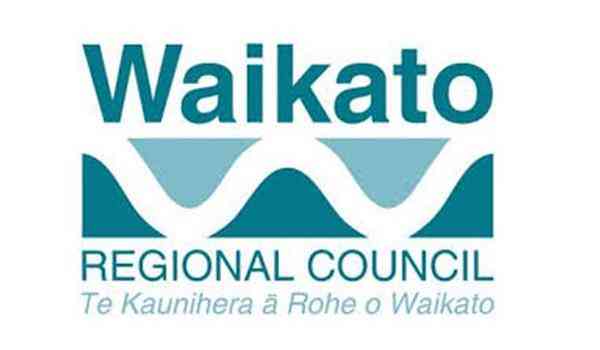Waikato Regional Council news
The two Maori seats on Waikato Regional Council will be retained following a vote by councillors.
The current Maori constituencies are Nga Hau e Wha and Nga Tai ki Uta and have been in effect for almost four years.
Today a majority of seven to three councillors re-confirmed the status quo of having two Maori constituencies for electoral purposes.
Those voting for the status quo were chair Alan Livingston, Jenni Hayman, Stu Kneebone, Fred Lichtwark, Dal Minogue, Barry Quayle and Bob Simcock. Councillors Jane Hennebry, Stu Husband and Russ Rimminton voted against, while Hugh Vercoe abstained.
Earlier, councillors Hennebry, Husband and Rimminton had voted for a motion calling for electors to be polled on the issue at a cost of up to $450,000 with the outcome of the poll applicable at the 2019 election. All other councillors present voted against holding a poll.
In moving the motion for a poll, Cr Hennebry said she personally did not like “race-based seats”. She wanted the public to have a say through a poll rather than councillors having a “closed mind” and making the choice. Supporting her, Cr Husband believed Maori no longer needed “tokenism” pointing out the current Parliament had many Maori MPs.
But Cr Simcock said he had heard no community discomfit about the seats, while Cr Lichtwark supported them remaining, noting a copy of the Treaty of Waitangi on the wall. Cr Livingston said Maori seats had proven their effectiveness, particularly given the council’s Resource Management Act and Treaty settlement obligations towards Maori. He believed councillors had a solid understanding of how the seats were working and were therefore in a position to make a well-informed choice.
After the meeting, Cr Livingston said the two Maori councillors, deputy chair Tipa Mahuta and Kataraina Hodge, are both making very valuable contributions to the running of council, in their individual right as councillors and as representatives of the Maori community.
“They are both very effective in particular at helping ensure Maori perspectives are taken into account, something which helps the council fulfil its legal obligations under various legislation, such as the RMA and Treaty settlements.”

